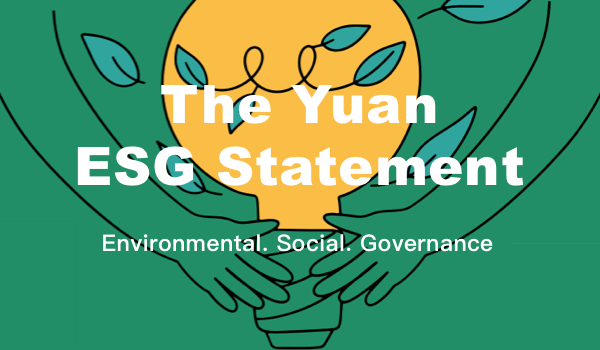


PATRAS, GREECE - In the -omics era, great scientific and technological progress promises to advance genomic medicine. As key components of personalized medicine and tailored healthcare, these advances have made possible the association of hundreds of thousands of genetic variants with different diseases.
Several human genome discoveries have resulted in evidence-based applications towards health benefits at a population level, highlighting the role of a multidisciplinary agenda set by the enhanced collaboration among government officials, funding agencies, industry leadership, healthcare providers, and biomedical scientists. Challenges are more profound for developing countries - especially as genomic medicine can be both the basis of knowledge-based economies and also a consequence of them, characterizing a very clear self-perpetuating mechanism.
Several national and international large-scale genomic medicine initiatives have sought to spearhead the implementation of genomics into healthcare. These initiatives are often multidisciplinary in nature - not only aiming to elucidate the genetic basis of inherited diseases in certain populations, but also approaching genomic medicine from a more holistic perspective, often dealing with practical issues of paramount importance for the implementation of genomic medicine practices. These include genome informatics, ethical, legal, societal, and economic issues, reimbursement policies, and others.
A few countries have adopted nationwide programs to analyze the genomes of a large number of individuals to implement genomic medicine interventions in their healthcare systems. The most well-known is the AllOfUs program - previously the Precision Medicine Initiative - which seeks to form a cohort of 1 million volunteers from diverse population and age groups, environments, and societal backgrounds in the United States and
The content herein is subject to copyright by The Yuan. All rights reserved. The content of the services is owned or licensed to The Yuan. Such content from The Yuan may be shared and reprinted but must clearly identify The Yuan as its original source. Content from a third-party copyright holder identified in the copyright notice contained in such third party’s content appearing in The Yuan must likewise be clearly labeled as such. Continue with Linkedin
Continue with Linkedin
 Continue with Google
Continue with Google









 419 views
419 views








